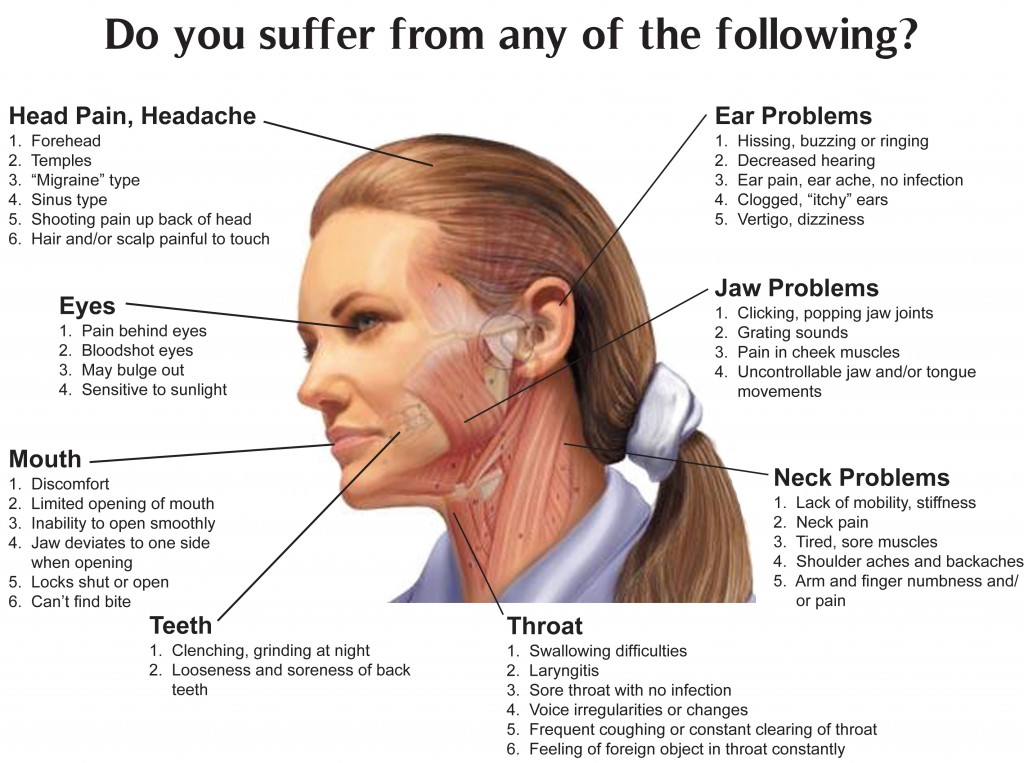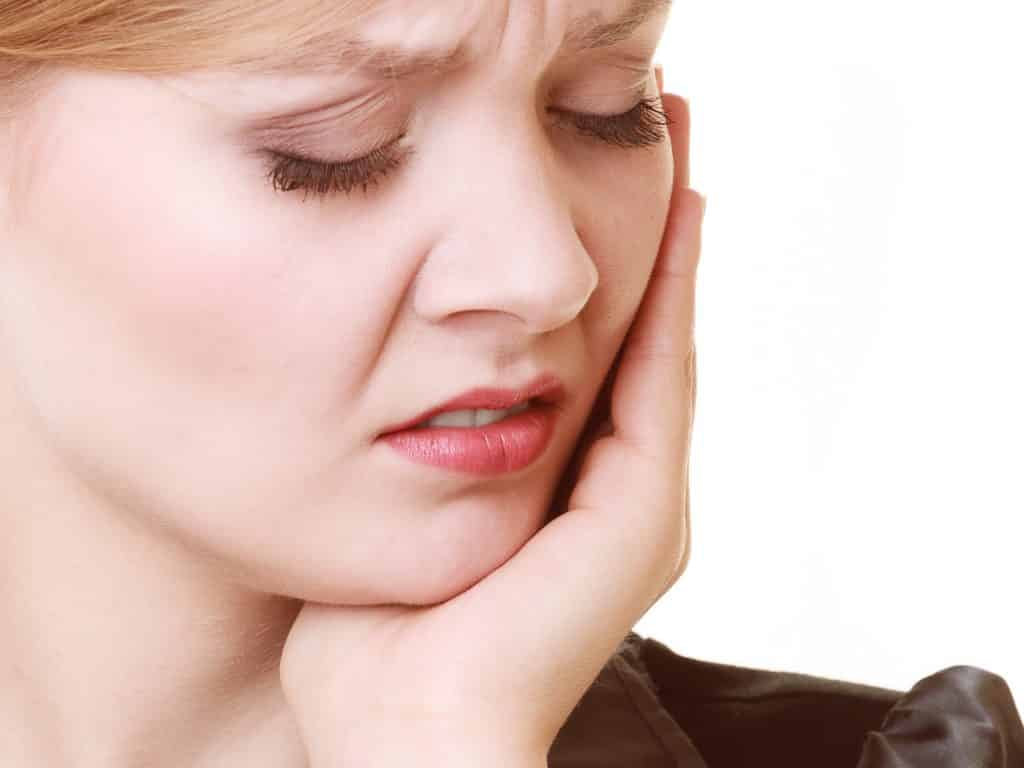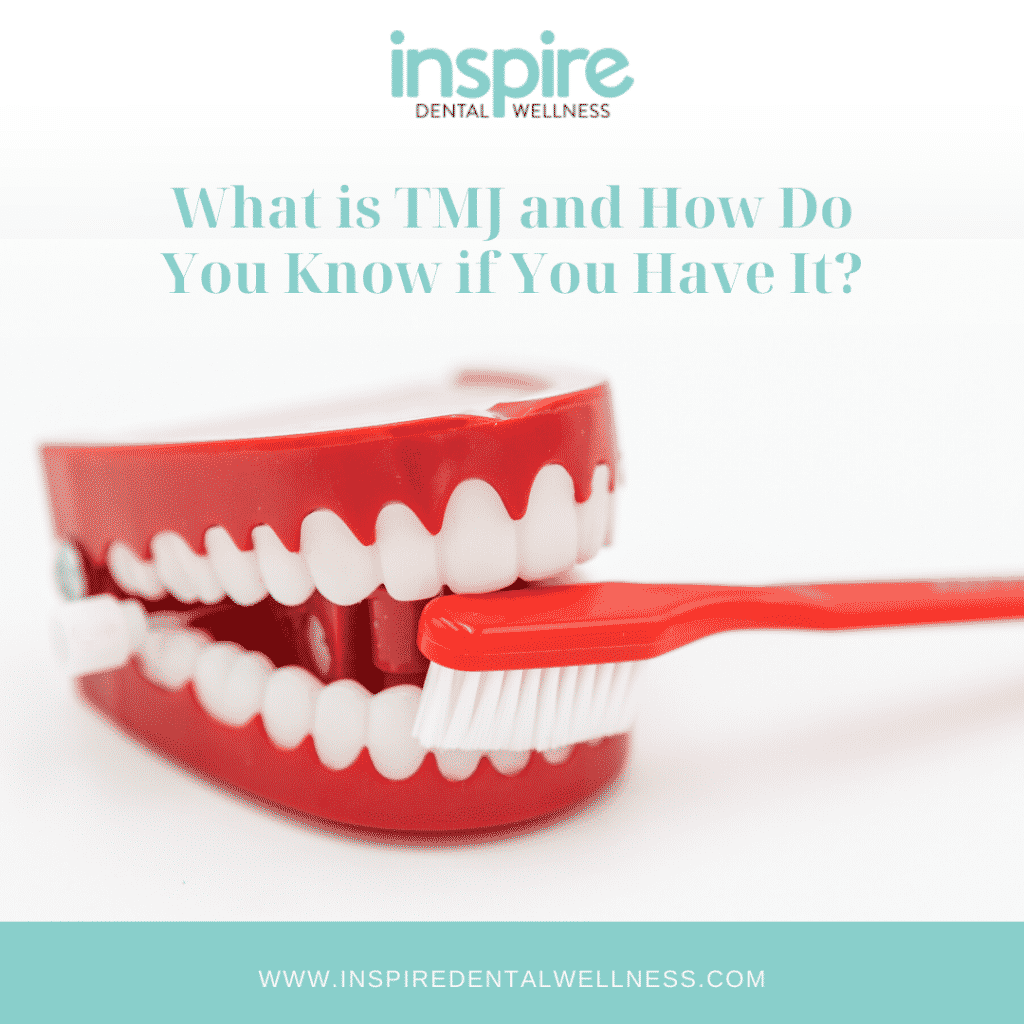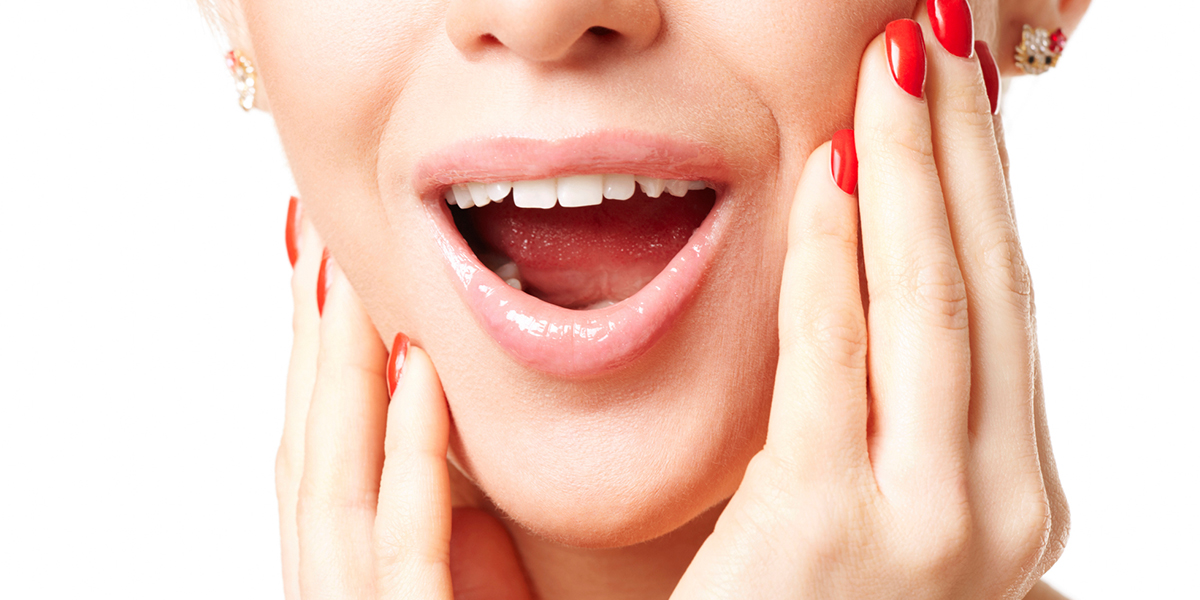Peerless Tips About How To Tell If You Have Tmj

Another name is temporomandibular joint disorder.
How to tell if you have tmj. With most tmj surgeries, you’ll experience swelling, bruising, jaw pain, and tenderness. Learn how to get relief. Pay attention to pain in your face, jaw, or neck.
Understanding the symptoms of tmj disorder. It may also resemble tooth pain from other causes. Temporomandibular disorders (tmds) are a group of conditions involving the temporomandibular joint (tmj).
Pain or tenderness of your jaw, cheeks, ears, and neck pain in one or both of the temporomandibular joints aching pain in and. Temporomandibular joint syndrome (tmj) symptoms include a popping or clicking of the jaw, jaw and/or ear pain, tinnitus, and headaches. Open and close your mouth several times while you pay attention to what you hear.
Signs and symptoms of tmj disorders may include: Apply ice packs to the face for no more than 20 minutes. Treatments for tmj at home.
You have a dislocated jaw when your jaw joint or temporomandibular joint (tmj) is out of place. Most of my tmj patients didn’t have noise in their joints, discomfort in their jaws and had an extremely healthy dentition. They’re sometimes called tmj disorders.
Tmj disorders may cause pain in the mouth that is dull or sharp. You have two tmjs (temporomandibular joints) — one on each side of your face, just in front of your ears. Recognizing tmj symptoms 1.
Check if you have temporomandibular disorder (tmd) symptoms of tmd include: Defining a tmj disorder. When the tmj and related muscles are injured, they need time to heal.
Many patients who come to me are a little scared because they're suffering increasingly debilitating symptoms that they can't. How do you know if you have tmj disorder or something else? Temporomandibular joint dysfunction symptoms the symptoms of tmj disorder often include:
How do you know you have tmj? Many cases of tmj pain can be reduced with the following home remedies and lifestyle changes: Tmj disorder goes beyond pain in the.
The most common symptom of tmj disorders is pain in the jaw and surrounding muscles. If your doctor or dentist suspects a problem, you may need: Pain around your jaw, ear and temple clicking, popping or grinding noises when you move.


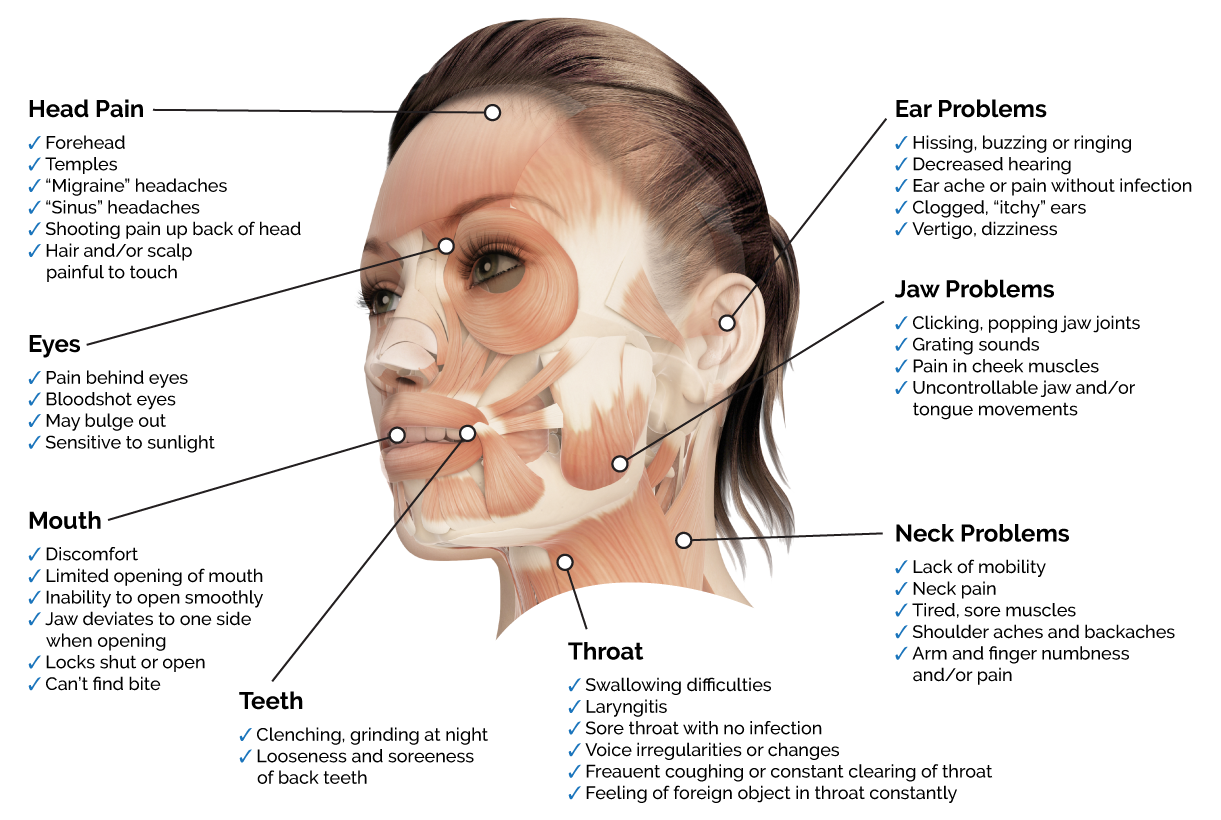
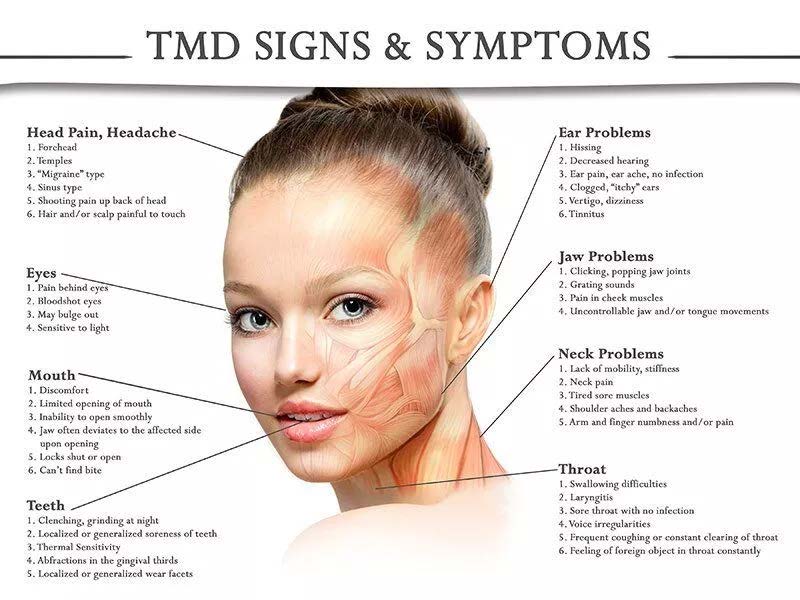


:max_bytes(150000):strip_icc()/jawpainfinal-01-5c05db6946e0fb00013feb39.png)



